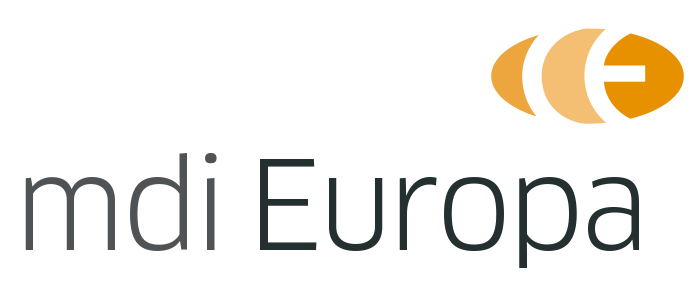The European Commission has published a derogatory report on the level of evidence available for COVID-19 tests – RNA, antigen and antibody tests – arriving on the market. It explains the value of using different tests at different stages in the disease and draws attention to the deficiencies in the validation of tests.
The report comes after the recently published guidelines on COVID-19 in vitro diagnostic tests and their performance.
In the new working document, the Commission points out that there is a disparity between the currently existing or reported quality assurance about COVID-19 tests and performance criteria. It mentions performance criteria based on the principles of good analytical (testing) practice and corresponding international standards, like ISO/IEC 17025 (testing and calibration laboratories) and ISO 15189 (requirements for quality and competence in medical laboratories). It also says that there is a crucial need to accurately validate the performance of existing and developing test methods targeting the viral RNA, SARS-CoV-2 as antigen or its antibodies.
The required quality standards, like well-characterised reference (control) materials representing real patient samples, and reference test methods have to be recorded, verified or ascertained as quickly as possible. Furthermore, the Commission says that more proficiency testing exercises should be established allowing laboratories to demonstrate their COVID-19 testing capability.
A test’s intended purpose is especially important. Each application will need a different performance and present different risks.
A test’s intended purpose is especially important. Each application will need a different performance and present different risks. For example, when testing for an active infection, false negatives present a significant risk. Likewise, false positives present a significant risk when testing for immunity. It is imperative that manufacturers clearly specify their intended use.
The document also advises on the sharing of information and organising joint studies to avoid lengthy clinical studies. Essential for any successful assessment of performance is the availability of the required control samples and reference materials. Some of these, e.g. positive virus samples needed for antigen tests, will be extremely difficult to develop.
The public sees testing as a step back towards normality, but testing must have a benefit and all assertations have to be accurate, so that everyone is conscious of the limitations of the test. This document is seen as a good step in this regard.
Source: Medtech Insight (an Informa product)





